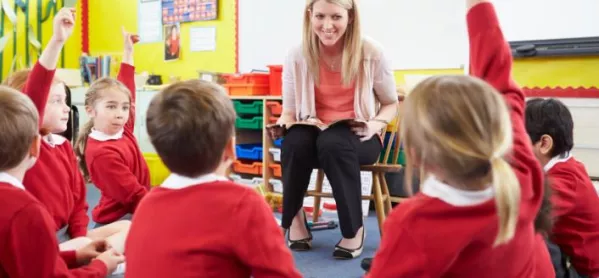The proportion of obese children in the first year of primary school has risen for the second year in a row, according to new figures from NHS Digital.
Some 9.6 per cent of children in reception classes in 2016-17 were obese, up from 9.3 per cent the year before.
Deprived areas of the country are particularly affected by obesity, with more than double the number of obese children compared to more affluent areas.
For all children in the last year of primary school, 20 per cent were obese - a figure that has remained stable compared to last year.
‘No single solution’
Alison Tedstone, chief nutritionist at Public Health England, called for “urgent action”.
“There is no single solution to reverse what’s been decades in the making,” she said. “We need sustained actions to tackle poor diets and excess calorie intakes.
“We’re working with industry to make food healthier, we’ve produced guidance for councils on planning healthier towns and we’ve delivered campaigns encouraging people to choose healthier food and lead healthier lives.”
Only 4.8 per cent of reception children in Kingston-upon-Thames were obese, compared with 13.5 per cent in Wolverhampton.
In year 6, 11.3 per cent of pupils in Rutland were obese, rising to 29.2 per cent in Barking and Dagenham.
Steps against obesity
Caroline Cerny, lead of the Obesity Health Alliance, a coalition of more than 40 organisations including charities, said: “The soft drinks levy and the sugar reduction programme are both positive steps. But a real commitment to tackling obesity means also getting to grips with the environment in which our children grow up.
“Adverts for unhealthy foods have a significant impact on consumption habits and we want to see immediate action to restrict junk food marketing at children - both online and on TV before the 9pm watershed.
Shadow health secretary Jonathan Ashworth said the gap between children from the most and least deprived backgrounds was “rising at an alarming rate”.
He added: “Labour will prioritise child health and wellbeing with a comprehensive child obesity strategy, including the banning of junk food advertising on family television.”
Public health minister Steve Brine, said: “We are delivering the most ambitious childhood obesity plan in the world, taxing sugary drinks, helping children to exercise more, funding research to better understand the problem and cutting sugar and calories in food before it hits shelves and plates.
“We are confident our world-leading plan will change this trend, but it’s very early days tackling a problem decades in the making. We have not ruled out further action if the right results are not seen.”
Want to keep up with the latest education news and opinion? Follow Tes on Twitter and Instagram, and like Tes on Facebook




